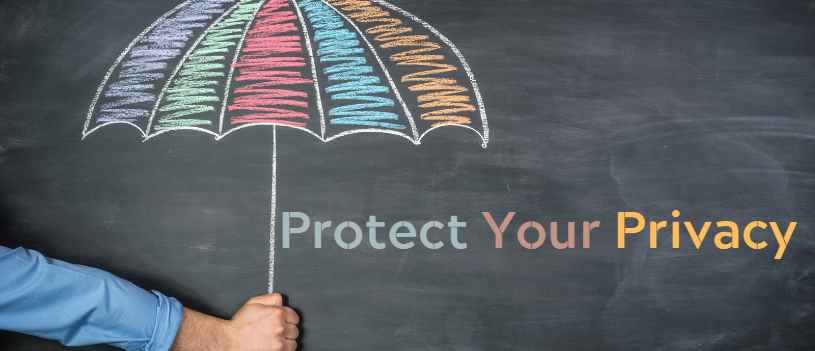If you are like me (and most of the world), you probably have a lot of websites you must log into. If you use your primary email address for each, it can be a privacy risk due to the possibility of identifying the services you use.
Poorly designed login systems can inadvertently reveal whether an email address is associated with an account, enabling someone to probe for information without triggering alerts. To mitigate this issue, it is recommended to follow good practices for identity protection:
Bad Practice: Using your personal email for every login. This can lead to spam emails and difficulty controlling access to your email.
Better Practice: Create a throwaway email for sensitive logins. Set up a separate email address for services or subscriptions that you don’t want to associate with your primary email or identity.
Best Practice: Use an email alias service for every login. This allows you to create and manage unique email addresses for different purposes. You can use aliases for specific sites or interests, giving you better control and privacy.
Services like Apple’s Hide My Email, DuckDuckGo’s Email Protection, ProtonMail’s SimpleLogin, or FastMail (integrated with 1Password) offer email alias features. You may want to start using an alias service to protect your personal email address and enhance your privacy.
Consider exploring encrypted email options, secure email services, and using a reliable VPN to further enhance your privacy and secure communication.
If you have any additional questions on this topic, reach out to an IT professional who can provide clarity for which option is right for you.
Using Your Real Email to Sign In? Your Privacy Is at Risk (howtogeek.com)
